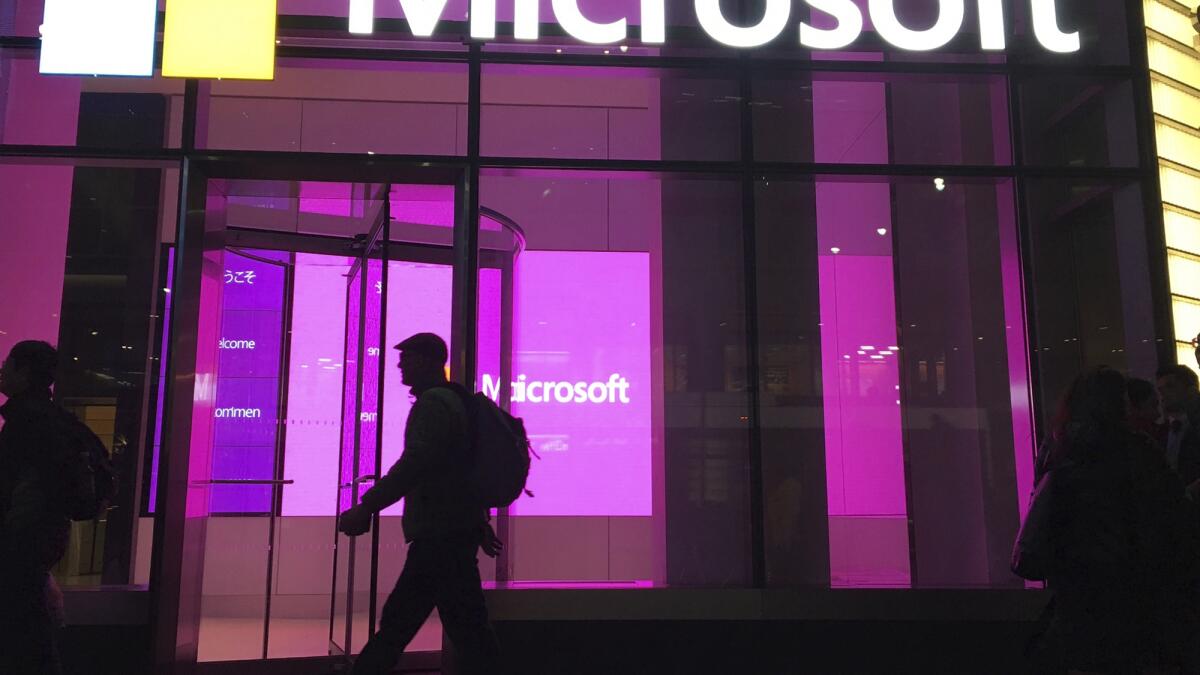Microsoft Leverages Influencers to Boost Copilot AI
In a bold move to challenge ChatGPT’s dominance in the consumer AI market, Microsoft has partnered with social media influencers to promote its Copilot chatbot to younger audiences. Despite its corporate stronghold, with 150 million monthly active users, Microsoft lags behind OpenAI’s ChatGPT, which boasts 800 million weekly users. The tech giant is now betting on internet personalities like Alix Earle to help close the gap.
Microsoft’s strategy aims to reposition Copilot as a relatable and accessible tool for everyday life. “We’re a challenger brand in this area,” said Yusuf Mehdi, Microsoft’s Consumer Chief Marketing Officer. “We’re kind of up and coming.” Mehdi believes that enlisting popular influencers to promote Copilot could significantly boost consumer engagement.
Alix Earle and the Power of Influence
Alix Earle, a 24-year-old influencer known for her “Get Ready With Me” videos, has become one of the faces of Microsoft’s Copilot campaign. With a combined 12.6 million followers on TikTok and Instagram, Earle is using her platform to showcase the chatbot’s capabilities in a fun and relatable manner. In a viral video, she asked Copilot how to look younger after receiving comments suggesting she looked 40. Copilot advised focusing on skincare, and the video amassed 15.4 million views on TikTok.
Microsoft has allowed Earle creative freedom in her promotional content. “Copilot is my mentor & therapist,” she captioned the video, adding the hashtag #copilotpartner. Her influence is apparently yielding results. One of her videos highlighting the Copilot Groups feature garnered 1.9 million views on Instagram and 7 million on TikTok. Though Earle declined to comment, Mehdi cited these numbers as a sign the campaign is gaining traction.
Fashion Influencers Join the AI Conversation
Brigette and Danielle Pheloung, twin sisters known for fashion and beauty content, are also part of the Copilot promotion. With a combined following of 3.4 million, the duo used Copilot to help design 1970s- and 1980s-inspired outfits for New York Fashion Week. Danielle even followed the chatbot’s suggestion to stuff socks into her shirt for shoulder pads. “It’s crazy,” Brigette said. “Who would have thought that someone posting about hair rollers would end up promoting AI?”
Their posts sparked positive engagement. Comments included, “Copilot is the bessstttt,” and “Just downloaded. We could have used this in school.” These videos portray Copilot as more than a productivity tool—it’s a lifestyle assistant for the digital age.
The Evolution of Brand Marketing Through Influencers
Microsoft’s influencer strategy is not without precedent. Brands like Dunkin’ Donuts partnered with TikTok star Charli D’Amelio to launch custom drinks. Amazon has built entire marketing ecosystems around influencer-driven product recommendations. Microsoft appears to be adapting this model to the tech world, using lifestyle influencers to demystify AI.
NYU marketing professor Anindya Ghose noted the unusual pairing, but acknowledged the effectiveness. “Even if the perceived credibility of the influencer is not very high, familiarity matters,” he said. Ghose suspects Microsoft would have scrapped the campaign if it weren’t yielding results. “I’m fairly certain it’s working,” he added, speculating that Microsoft might soon experiment with AI influencers as well.
Copilot as a Personal Companion
The campaign aligns with Microsoft’s broader vision of Copilot as a personal assistant for all aspects of life. Mustafa Suleyman, Consumer AI Chief, described it as an AI companion that “helps you think, plan and dream.” The influencer-driven content reinforces this message by showcasing Copilot in scenarios that resonate with younger users—from planning trips to managing social anxiety.
Brandon Edelman, known online as Bran Flakezz, has 1.7 million followers and partnered with Microsoft to produce videos discussing relatable issues like dating and imposter syndrome. In one humorous clip, he asks Copilot if debts disappear after death. The AI responds bluntly, “Yes, debts don’t disappear.” Microsoft captioned the post, “With Copilot, there’s no such thing as a cringe question.”
Can Microsoft Catch Up to ChatGPT?
Despite generating hundreds of millions of views, the question remains: can this influencer campaign help Microsoft narrow the gap with ChatGPT? Gartner analyst Jason Wong is skeptical. “It’d be hard-pressed for them to surpass the consumer ChatGPT at this point,” he said. Still, Microsoft’s foray into influencer marketing marks a significant shift in how tech companies approach consumer AI adoption.
While Copilot is well-known in corporate circles for summarizing meetings and organizing data, Microsoft’s campaign is trying to redefine it as a tool that can empower anyone. “The whole idea about Copilot is really about empowering you to be the best you,” Mehdi said.
This article is inspired by content from Original Source. It has been rephrased for originality. Images are credited to the original source.

